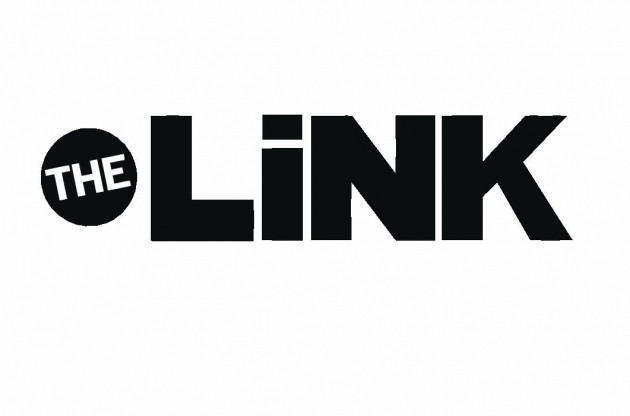Blacking Out Freedom
Websites Protest American Anti-Piracy Legislation
Cyberspace was censored last week.
Black bars blocked the names of hundreds of popular websites, including Tumblr, Reddit, Grooveshark, Hype Machine, Disqus and a myriad of others.
Wednesday was American Censorship Day. Bars plastered across website logos served as a symbolic protest against two pieces of legislation currently making their way through American Congress—the Stop Online Piracy Act and the Protect IP Act.
The legislation would enable the United States to extend their own laws beyond their borders, by making it illegal for websites hosted anywhere in the world to use American copyrighted intellectual property without the owner’s permission.
The day of protest was organized by a slew of organizations, including Public Knowledge, Demand Progress, Fight for the Future, Participatory Politics Foundation, and Creative Commons.
Bloomberg reported that Internet goliaths Google, Yahoo!, AOL, Facebook and Twitter stood in solidarity against the legislation.
Approximately 6,000 websites signed up to participate in the day of protest, and congress received a reported one million emails speaking out against it—including at least 60 from civil and human rights organizations.
The European Parliament has also criticized the legislation, adopting a resolution with the goal of protecting the global integrity of the Internet.
On the other hand, the House Judiciary committee has received nine statements in support of SOPA, signed by major entertainment conglomerates such as NBC, Universal and Comcast.
A Forbes blog post dubbed the issue a battle between ‘Hollywood and Silicon Valley.’ Jargon aside, the real issue with this legislation has nothing to do with the problem it aims to solve, but rather the other problems it creates in attempting to solve it.
At face value, both bills appear to be a step in the right direction—as someone who doesn’t advocate piracy or oppose copyright, they seem like a pretty good idea.
Theoretically, the legislation intends to prevent the theft of U.S. property. That’s a good thing, I agree. But the practical implications of this bill create opportunities for many people to do a lot more than simply catch a crook.
First of all, these bills put a whole lot of power into the hands of people with intellectual property rights. So much power in fact, that these people can literally ask that any site they deem to be an “infringer” be blacklisted from major payment processors and network operators.
Internet service providers will also have the power to block access to sites, without fear of being sued, if they believe the site to be partaking in the theft of U.S. property.
Basically, the American government is proposing to change the way the Internet is structured at the behest of a handful of major corporations and powerful media conglomerates.
The SOPA legislation stands to discontinue the free-flow of content and information the web currently, and wonderfully, hosts.
Sites like Flickr and YouTube that are filled with user-generated content could be liable for infringing copyright and shut down by the government if they don’t hastily remove the offending material.
The Washington Post reported that Booz & Co. conducted a study that found SOPA legislation could actually lead to a decline in Internet innovation as more stringent rules scare off investors and venture capitalists.
On the other hand, a Viacom executive testified that the vast majority of Internet piracy is limited to “about 20 websites.” So why is congress opting for a blanket solution to such a narrowly focused problem?
Beyond the issues of potential abuses of power, this legislation is unhealthy for the economy.
Right now, sites like Google, Facebook and YouTube, as well as a plethora of Internet startups, are creating many jobs for many people. Meanwhile, the entertainment industry is doing the opposite—it’s struggling.
It doesn’t take a Harvard MBA to understand that killing the prosperous business in favour of the declining one is not an intelligent move, financially speaking.
The Internet is worried, and assuming you use the Internet, you should be too. This legislation is really scary, and there is a very real possibility that it might pass.
Copyright and how it’s handled in the ever-growing, ever-changing Internet age is obviously a problem, but it’s a conundrum that will require a well-structured solution in order to work effectively.
It shouldn’t be at the cost of freedom of expression, or the economy—sorry, Congress, SOPA and PIPA are not the answer.
If you were paying attention to the reaction to them, you should know that.


